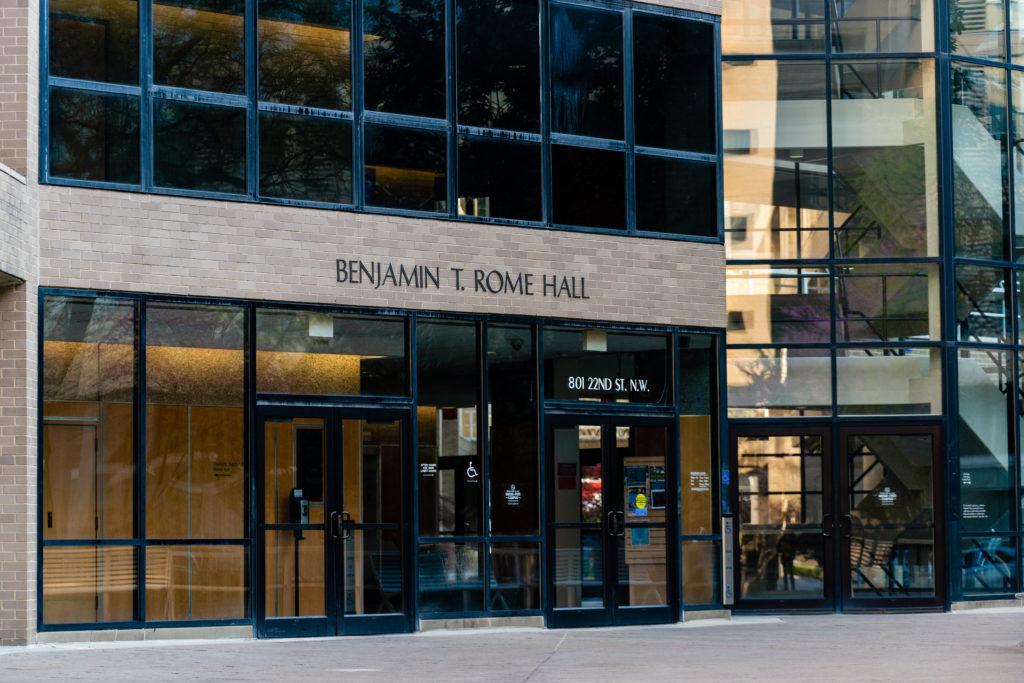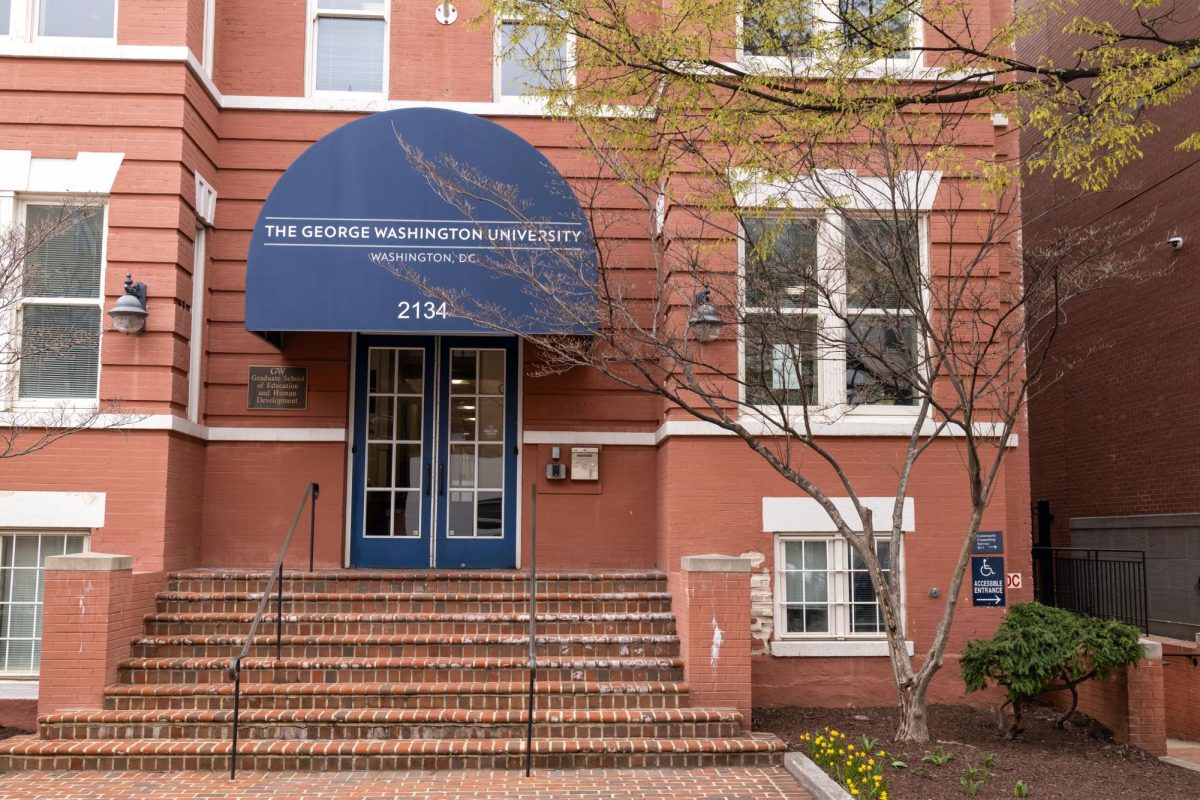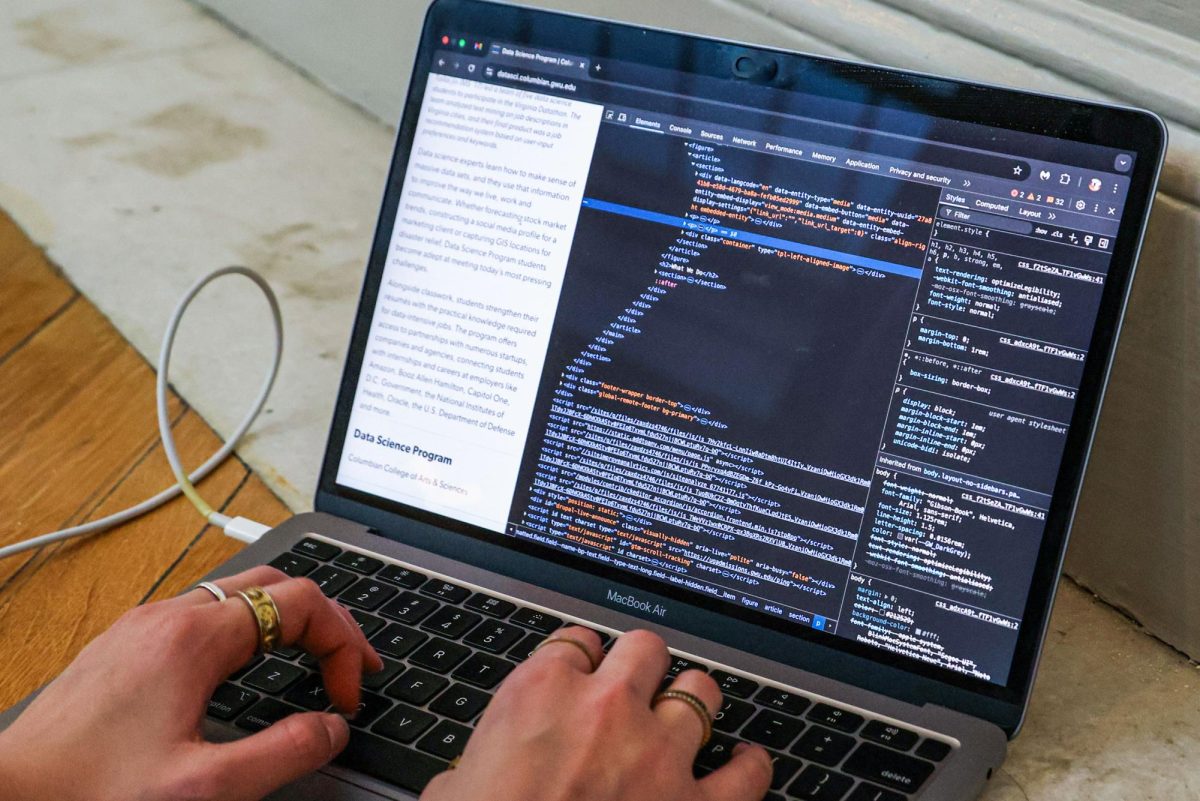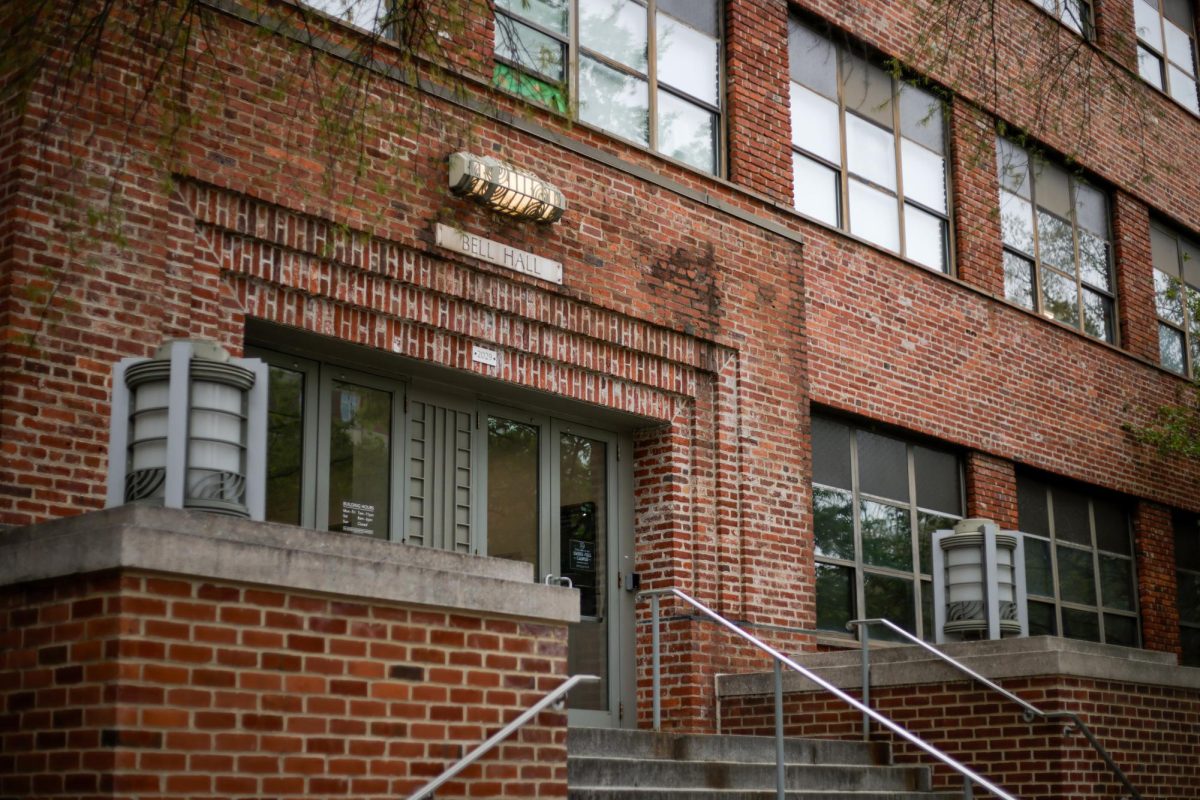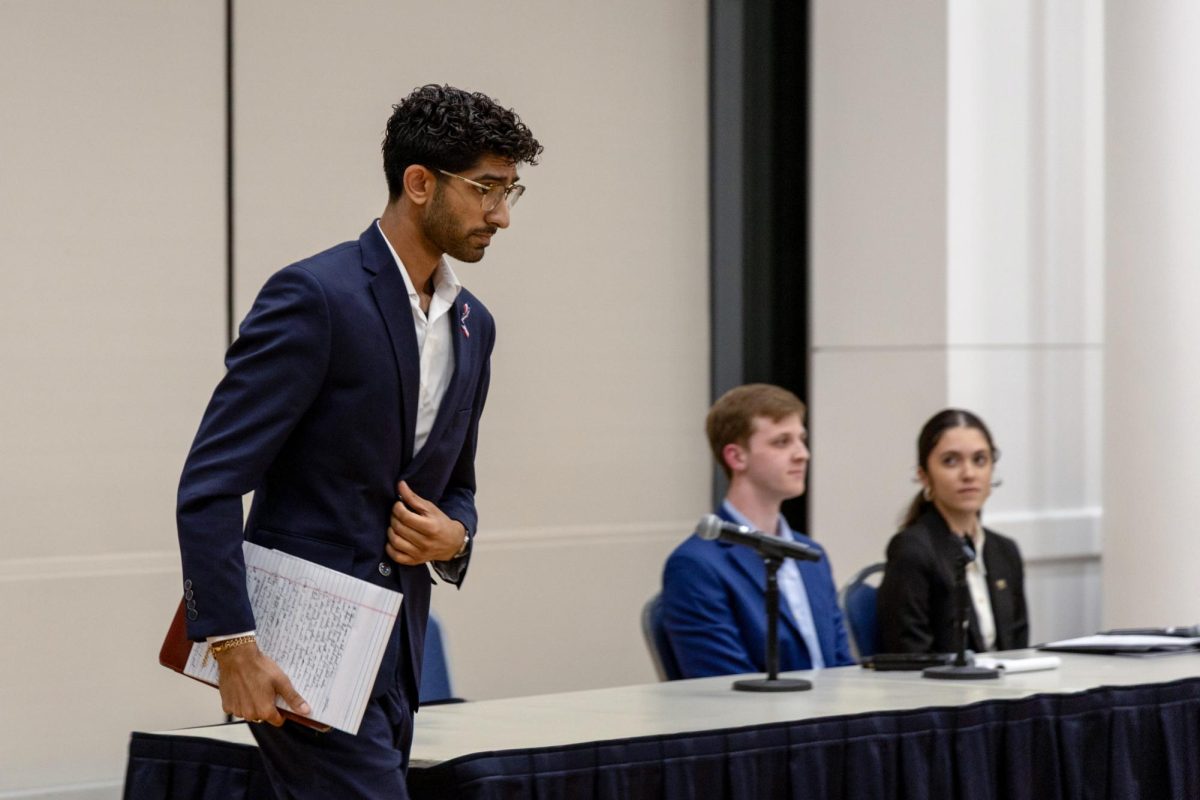Sociology department faculty are altering their curricula to incorporate the Black Lives Matter movement into their classes this year.
Professors said they chose to incorporate new elements into the sociology curricula, like a course on policing and panels on how sociologists study racism, amid the growing BLM movement. Hiromi Ishizawa, the chair of the department and an associate professor of sociology, said her department has always incorporated issues of inequality in the curriculum in light of current events.
“If we weren’t talking about issues of policing, racial inequality and social movements like Black Lives Matter, we would be negligent in our responsibilities – that’s just part of what we do,” Ishizawa said. “The fact that the issues that are now front and center of the national consciousness are also issues that are very, very key to what good sociology research and teaching focuses on – it’s like a happy coincidence.”
She said sociology teaches students how racism is a “defining marker” of inequality in society.
Ishizawa said in addition to the new course Rethinking DC Youth and Policing, the sociology department will sponsor events hosted by the recently founded Criminal Justice Student Association. She said faculty in the department plan to help the new organization host panels to discuss issues of policing and criminal justice reform with scholars in the field.
“It’s really encouraging to see that students are so committed to talk about criminal justice systems and all of the issues related to it,” Ishizawa said. “I am very impressed with the association.”
The Black Student Union announced in July that it will partner with the Nashman Center for Civic Engagement and Public Service and the sociology department to research and recommend reforms to the Metropolitan Police Department.
Kylie Foster, the vice president of community outreach for BSU, said the BSU welcomed assistance from the sociology department to create the course on D.C. youth and policing.
“We as the Black Student Union find it imperative to bring this support, ideas and programs to the GW institution and to the rest of the community to get involved in and learn about,” Foster said in an email. “The sociology department has a greater sense of power and understanding of how to bring our ideas to life.”
Fran Buntman, an assistant professor of sociology, said officials developed Rethinking DC Youth and Policing based on discussions she had with Amy Cohen, the executive director of the Nashman Center, and Bishop Walton, BSU’s chief of staff, when they began their partnership with MPD to recommend police reforms.
She said as they were researching this summer, MPD officers said they wanted to learn more about keeping youth out of the criminal justice system. Buntman said Walton approached her asking for help addressing this issue, which led them to develop the course for this fall.
“We reacted in real time, in real circumstances to put together a very creative, innovative project with minimal resources, maximum operation and maximum respect,” Buntman said. “I’m very proud of all of us.”
Buntman said after she helped create the outline for the course, she passed it off to Ebony Russ, a doctoral fellow at the Nashman Center and adjunct professor in the Department of Justice, Law and Criminology at American University, who is teaching the course this semester.
Russ said the course will provide an “academic space” for students to understand the BLM movement, the history of D.C. youth and policing and the disproportionate rates of incarceration of Black and Brown communities.
“Students will explore what it means to police D.C. youth in the 21st century by examining D.C. policing with a focus on inequities at the intersection of race, gender, youth, poverty and violence,” Russ said in an email.
Xolela Mangcu, a professor of sociology, said he incorporates the BLM movement into his classes on social movements and race relations by comparing it to the anti-apartheid movements in South Africa.
“I am a longtime anti-apartheid activist in South Africa so I can see mistakes when they are coming up on the horizon,” Mangcu said.
Gregory Squires, a professor of sociology, said he will be a panelist in a discussion held in October by the Columbian College of Arts and Science titled “Exploring and addressing Racism Through Scholarship.” Squires said he will discuss how sociologists have long studied structural racism.
He said issues of racial inequality and social stratification can be understood “only by understanding the contexts in which they play out.” He said studying these issues requires “complementing” what sociologists know about individual attitudes and behaviors with the role of contextual factors like culture and social structure.
“These are issues that have long been at the core of what sociology is all about,” Squires said in an email.


